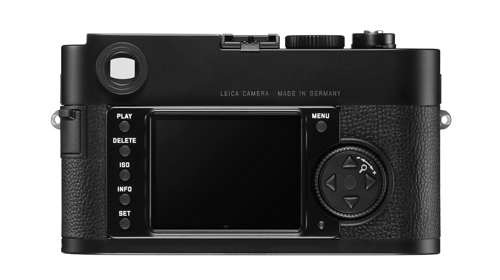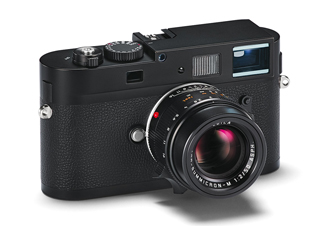With all things beautiful, Leica as a
brand has always been known to produce timeless beauties. At a time when all
manufacturers are consistently moving towards the space-age, Leica has somehow
still managed to grab eyeballs due to its ever popular, retro-look cameras.
Mind you though, it is not only the looks that appease the professionals, it’s
the combination of performance and style that makes Leica a force to reckon
with.
So when the company recently released the M-Monochrom, a fully black and white camera for high dynamic range, low light B&W photography, we were particularly excited. For starters, the ISO range has been increased to 10000, from 2500 of the M9, which can be a picture changing feature when it comes to black and whites, as noise is one of the primary problems black and white photographers face. Leica here, like the M9, has targeted a really niche audience by the virtue of its price, as well as its the almost-redundant manual focus rangefinder design. The camera isn’t designed with any filter array to register color information, which makes sure that the sensor captures all the light which falls on it. Compare it to the black and white mode in a normal camera which closes the part of the sensor which registers colors to capture just blacks and whites, it certainly helps in decreasing the level of noise in your pictures. This is a major factor which allowed Leica to increase the camera’s ISO to 10000. Also, because there is no color information in play here, the noise isn’t spread throughout the image because of demosaicing (the process of reconstructing a full color image from incomplete color pixels captured by the sensor), which again considerably helps in decreasing the level of noise in the pictures. The M-Monochrom only shoots 34.7mb DNG files, and there is no option available for compression.

As the camera lacks live view, the
histogram can only be seen after the picture has been taken, so how the picture
is going to come out can only be seen after it has been taken. Also, as the
histogram is not affected by factors like white balance or colour levels,
obtaining correct exposure can prove to be considerably easier. Another high
point of the M-Monochrome is the resolution. Because the sensor doesn’t
register any colours, it records accurate luminance
values for every pixel, which helps it in delivering true black and white
photographs, which cannot be achieved by taking a B&W with a normal camera, or taking a color with a normal camera and processing it into a B&W.
The body of the M-M has not been changed
much from the M9. In fact, there haven’t been any major changes in the
structure of Leica cameras for a long time now. The camera has been priced at
$7500-$8500, though it is yet to be released in India. This one is, for sure, not
targeted towards the masses, but film users who have been looking at moving to
digital without comprising on the design might find it to be a deal of a
lifetime.

